Roland Winters
Date & Place:
Not specified or unknown.
Uncover new discoveries and connections today by sharing about people & moments from yesterday.- Discover how AncientFaces works.
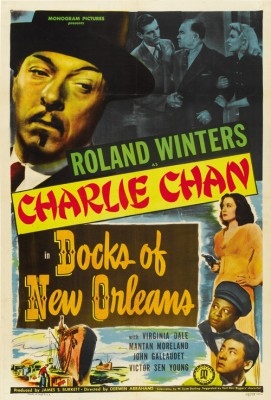
 Amanda S. Stevenson
Amanda S. Stevenson 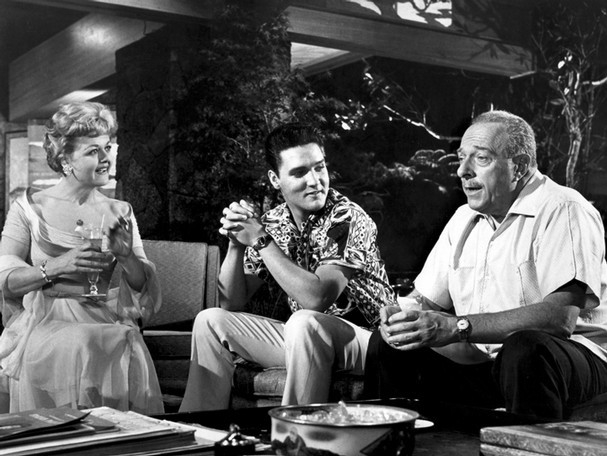
 Amanda S. Stevenson
Amanda S. Stevenson  Amanda S. Stevenson
Amanda S. Stevenson 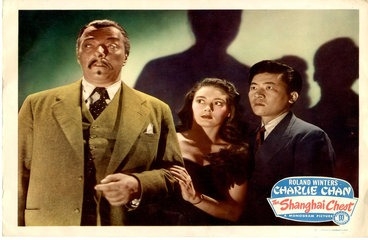
 Amanda S. Stevenson
Amanda S. Stevenson 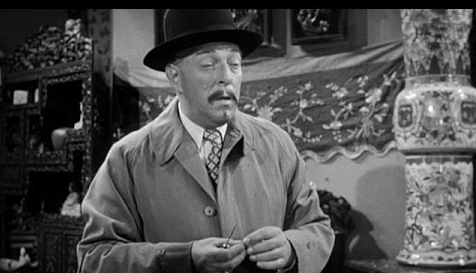
 Amanda S. Stevenson
Amanda S. Stevenson  Amanda S. Stevenson
Amanda S. Stevenson 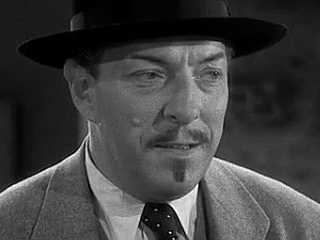
 Amanda S. Stevenson
Amanda S. Stevenson 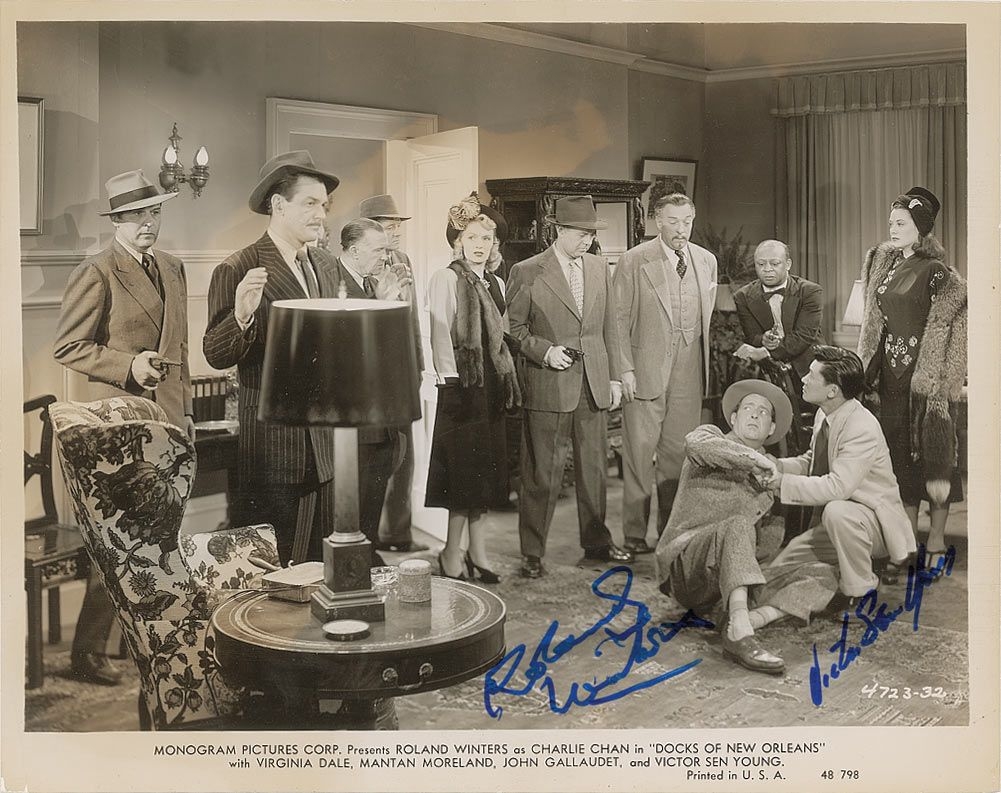
 Amanda S. Stevenson
Amanda S. Stevenson 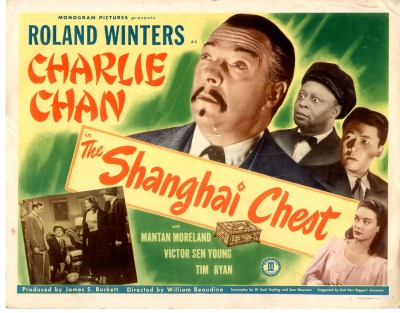
 Amanda S. Stevenson
Amanda S. Stevenson 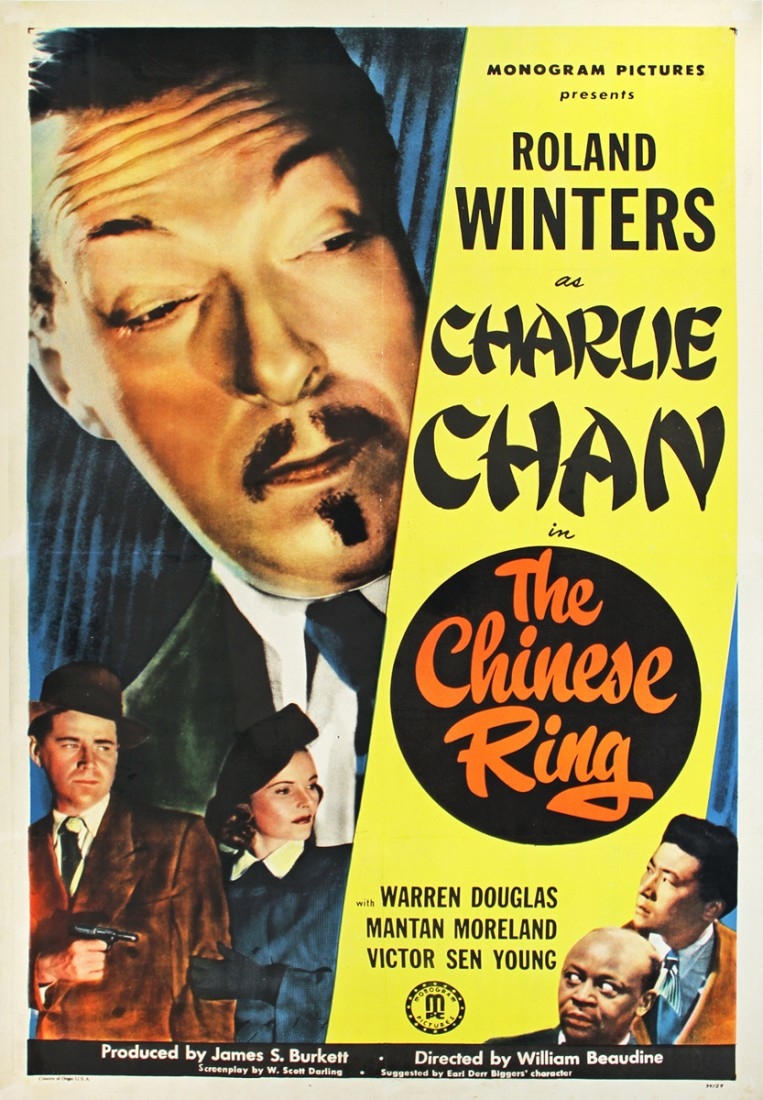
 Amanda S. Stevenson
Amanda S. Stevenson 
Family, friend, or fan...
share memories, stories,
photos, or simply leave
a comment to show
you care.
Remember the past to connect today & preserve for tomorrow.
|
Partner
Child
|
Sibling
|
Connect with others who remember Roland Winters to share and discover more memories. People who have contributed to this page are listed below and in the Biography History of changes. Sign in to your free account to view changes.